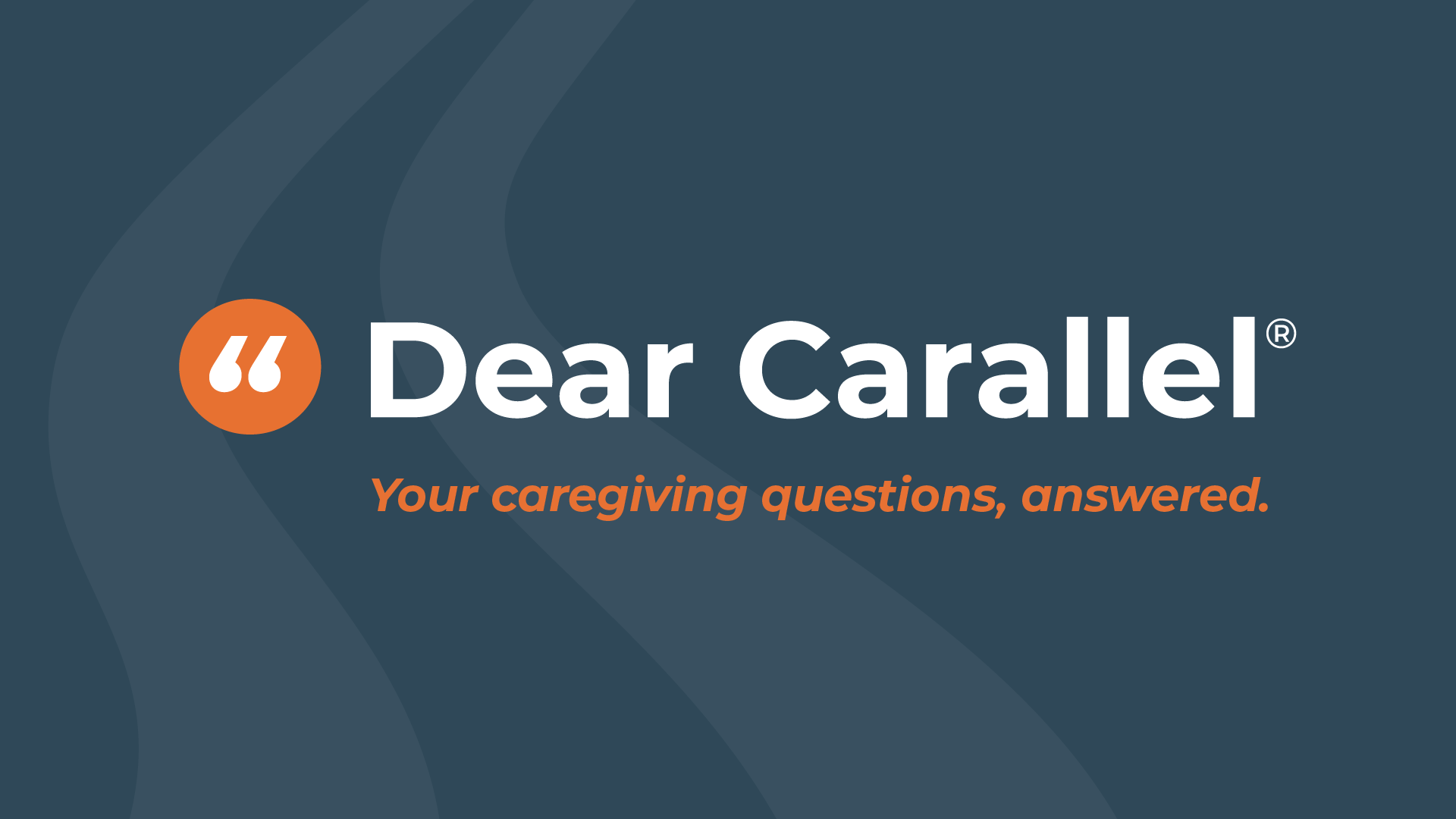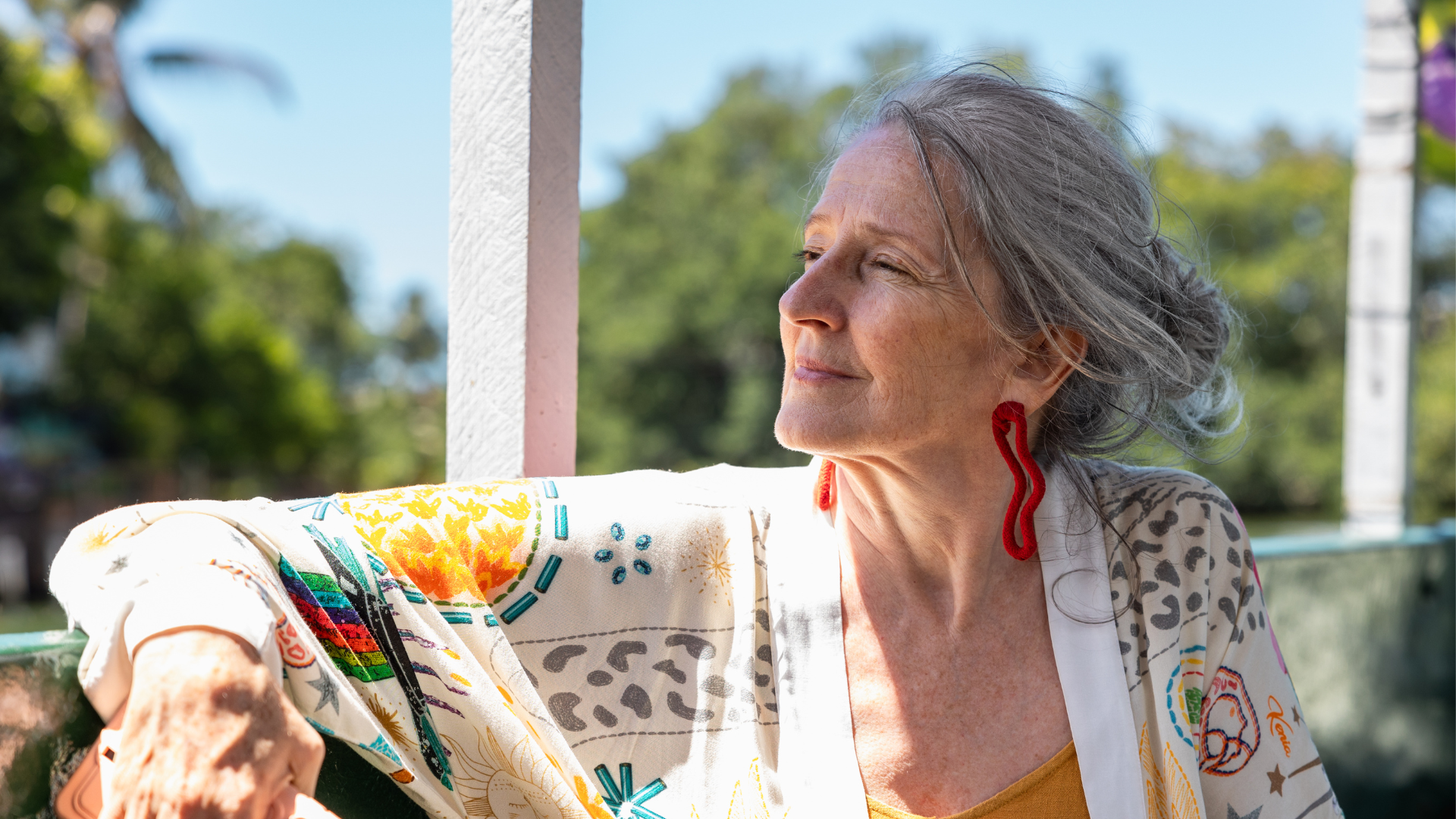Caregiver Question | 11/03/22
I want them to step up and help too.

DEAR CARALLEL: I need help! No one in my family understands how much work it is to take care of my mom right now. We live together and I never get to go out on my own. How can I get my family to understand how stressful this is? I want them to step up and help too. — Vanessa in Jacksonville, FL
DEAR VANESSA: First off, you’re not alone. We talk with countless caregivers every week who find themselves in a similar situation to yours. Isolated, stressed, and frustrated by being forced to carry the weight of caring for a loved one–all alone.
Have you tried holding a family meeting specifically to discuss the situation with your Mom? These meetings can be a valuable tool to help us get everyone the same page with regard to the reality of the situation.
It’d be great if the meeting could be held in person but it doesn’t have to be. A virtual meeting with something like Zoom or even a conference call could do the trick.
If you give it a try, be sure to take notes capturing key items discussed, decisions made, as well as the action items and who’s responsible for them.
In addition, here are a few tips you can use to increase the chances of a successful meeting.
Be intentional about how you start
Take a few cleansing breaths before initiating the conversation and clearly state your intentions at the outset. It might look something like this:
It’s been hard caring for mom lately and my intention today is to tell you about what’s been happening and ask for your help.
Keep the past in the past
All families have history. And that history at times can make an already emotionally charged situation, even more emotional. But you’ll be well served by leaving any negative feelings from the past out of your conversation with family about the current situation. It’s easier said than done but worth the effort.
Stick to the facts
Three different people could see the same chain of events in three entirely different ways. I would often forget this when I was caregiving, and as a result I would assume that everyone would see something the same way I did.
That’s unfortunately not the case and I found it helpful to stick to the facts. Right them down before the conversation. They might look something like this:
Mom’s groceries and medications are costing me $150 each week.
Mom needs help getting into and out of bed every time.
She needs help using the bathroom.
It takes me two hours every week to clean her house.
I’m not able to leave the house without her.
With your list of facts in hand, do your best to stick to them while you’re talking with family about the situation.
Be specific
This is especially important when it comes to asking for help. Sometimes the needs feel obvious to us as caregivers, because we’re the ones in it every day. But we need to be as specific as possible to help others see the circumstances for what they truly are.
This is specific:
Mom has appointments on Monday, Wednesday, and Friday at 2pm in Lakeside. I’m not out of work in time on Wednesdays. Can you take her to that one each week?
This is not:
I could use some help. Maybe you can come by sometime this week?
So be specific. The more specific the better.
✨
Lastly, you might find this Carallel blog post helpful: Navigating the Family Dynamics of Caregiving. It covers much of what I’ve talk about here, just in a little more detail.
Hope this helps!
–Jennifer, Carallel Care Advocate
The latest from Carallel

Caregiver Journey Webinar
A Caregiver Conversation by Carallel: Helping Children Adjust When a Loved One Moves In
We dive into the practical realities of moving the person you're caring for into your home - and offer simple tips for helping children adjust....

Blog
The ‘Invisible Second Patient’: Understanding the Role of Dementia Caregivers
There are 16 million Americans caring for a loved one with Alzheimer’s disease or a related dementia today. Despite the group’s sheer size, they...
